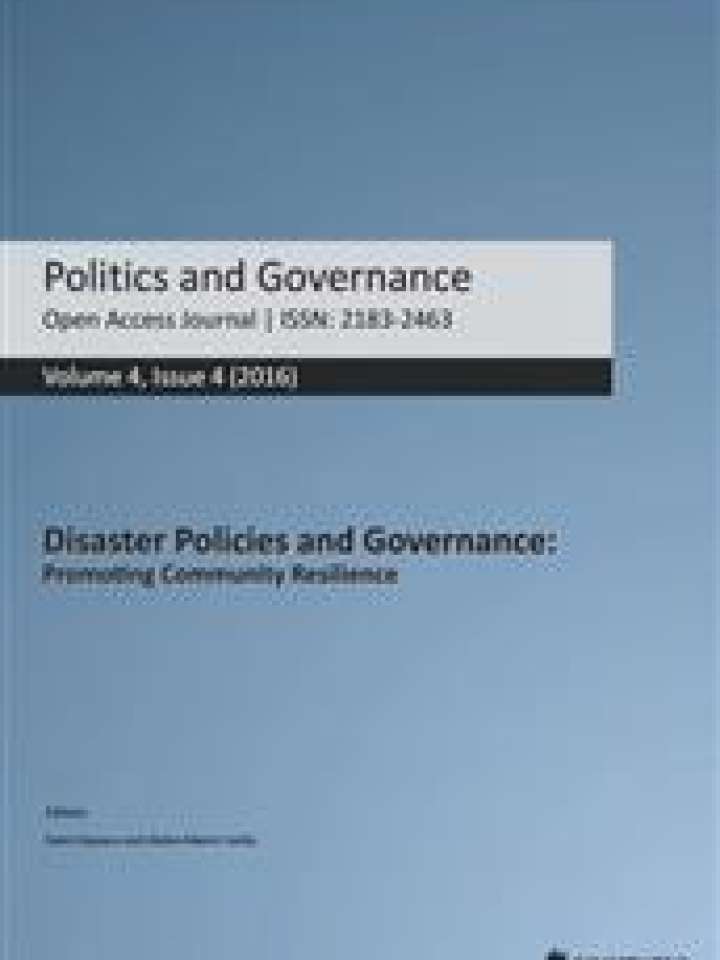Disaster Policies and Governance: Promoting Community Resilience
Disaster Policies and Governance highlights the importance of policies and effective governance for the resilience of communities, individuals, institutions, and organizations which can be achieved through the execution of deliberate choice and collective action. This collection of articles examines the interplay between disaster policies, governance and community resilience using different types of hazards, different sources of data (primary and secondary) and contexts from different geographical locations. Finally, this collection employs various lenses (e.g., the Social-Ecological Systems Theory, the Pressure and Release Model, and the Reductionist Paradigm) to provide critical insights into how the concept of resilience can be used as a meaningful framework to identify important conditions that lead to stronger, safer, and more sustainable communities with effective disaster governance policies.
This issue includes articles on the following topics:
- Disaster Policies and Governance: Promoting Community Resilience
- How Can Local Governance Systems Strengthen Community Resilience? A Social-Ecological Systems Approach
- Integrating Recovery within a Resilience Framework: Empirical Insights and Policy Implications from Regional Australia
- Governance through Economic Paradigms: Addressing Climate Change by Accounting for Health
- The Devil Is in the Details: Linking Home Buyout Policy, Practice, and Experience After Hurricane Sandy
- Disaster Governance and Vulnerability: The Case of Chile
- Conceptualizing Resilience
"Disaster Policies and Governance: Promoting Community Resilience." Politics and Governance 4.4 (2016): 58-120. Shared under a Creative Commons Attribution 4.0 International License (CC BY 4.0).
Explore further
